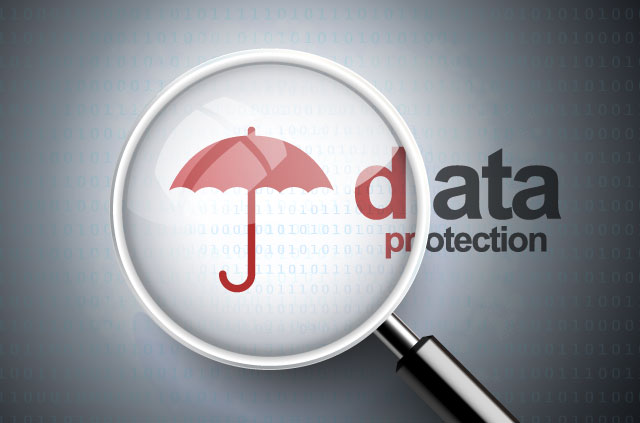Cybersecurity. The very word conjures an excess of negative connotations. From the WannaCry ransomware attack in May to the Equifax hack just a few months ago, 2017 will likely go down as one of the worst years for data breaches. And yet, amid all the retrospective chaos, Google reported that for the first time in the internet history more than half of the world’s the web traffic is now encrypted with HTTPS.
It’s obvious there’s a discrepancy among corporations and privacy: as some companies are being outed for having little-to-no privacy protocols (the realization that Equifax used the word ‘admin’ for both their username and password is downright criminal), other companies are turning to encrypted networks.
In fact, the Tor network is far more popular today than it was just a few years ago. Where people once thought the dark web was host to the shady underworld of the internet, it’s now become a common service people use to browse securely.
Even more surprising is the fact that more big media companies are turning to the Tor network to make their sites available. In fact, just last month The New York Times joined a coveted list of privacy-forward corporations by setting up their own .onion service. By giving readers access to their Tor service, they offer a safer way to access their site where they may otherwise not have been able.
Setting up a network to communicate more securely
The idea around secure communications has come into the spotlight multiple times this year. Amid various internal White House crackdowns and suspected witch hunts for rogue journalists, the ability to send — and receive — encrypted data has never been more critical.
When NSA leaker Reality Winner was arrested for leaking sensitive information, the main story wasn’t about what was leaked, it was how she was caught.
An unfortunate oversight made by news outlet The Intercept printed the actual documents Winner sent to her contacts. What the journalists failed to realize is that these printouts included tiny ink trackers that the NSA then used to narrow the potential suspects down to Winner.
Once she was caught, the government decided to make an example out of her by sentencing her to a ridiculous prison sentence.
These radical crackdowns amid suspected leakers come at a time where citizens’ privacy rights are infringed upon daily, and where VPNs have grown to become a household name.
By using a VPN, a user can encrypt their network and browse anonymously. Yes, they’re able to unblock restricted sites but more than that they’re able to give their network a much-needed layer of privacy. Reputable VPN companies don’t keep data logs, nor are there any timestamps, so there’s absolutely no way to trace what a person does when they’re on an encrypted VPN network.
Whether you’re sending financial information, dealing with legal issues, or simply want to add more security, connecting to a VPN network before you send and receive information is paramount.
Other ways to stay safe online
In addition to using a VPN, there are other ways you can boost your privacy when dealing with sensitive online info.
For starters, make sure you only use your own devices and networks. Never send sensitive information through a public network (as public networks keep detailed logs of every transaction and user), and never use another person’s phone or computer to access private information. Phones especially should be avoided, as most contain built-in tracking devices that could easily implicate the user.
Also, never publicly print or scan potentially sensitive documents. Not only do printers and scanners leave a physical timestamp, but they also tend to leave a digital trace as well. As Reality Winner’s case shows, most printers today encode their paper with a series of dots and lines that are hidden to the naked eye but easily read with the right software. By following this digital trail, a person can see where the document was printed from and when.
Don’t fall victim to the privacy pit. Browse smarter by using a VPN and being more aware of your digital footprint.


Recent Comments